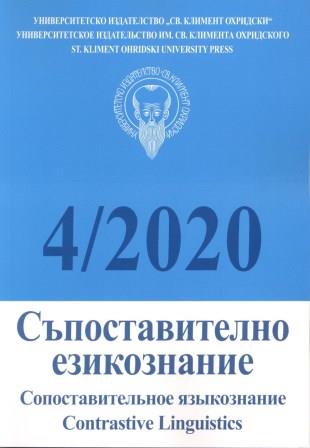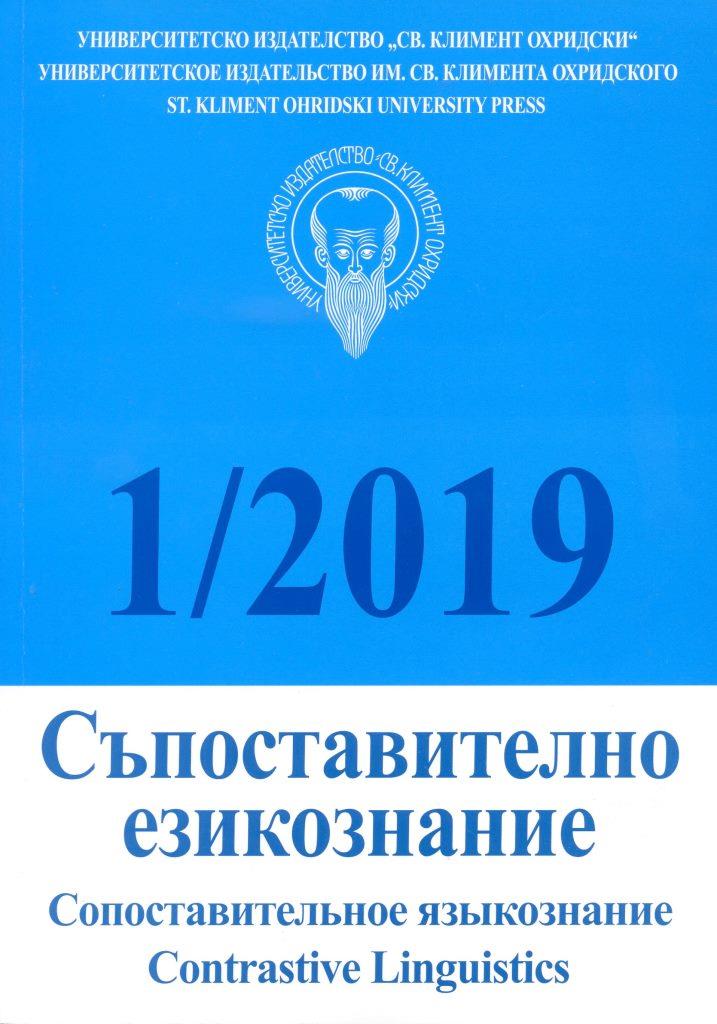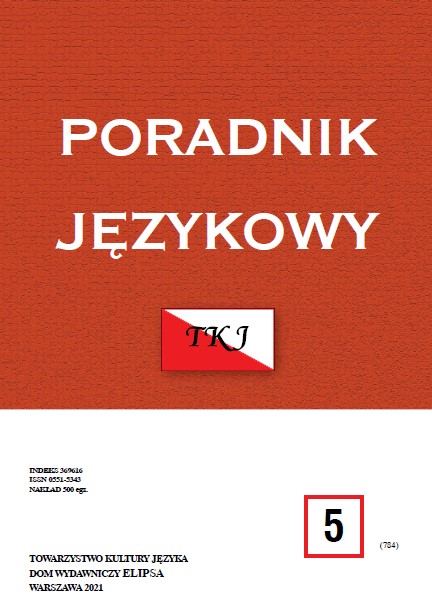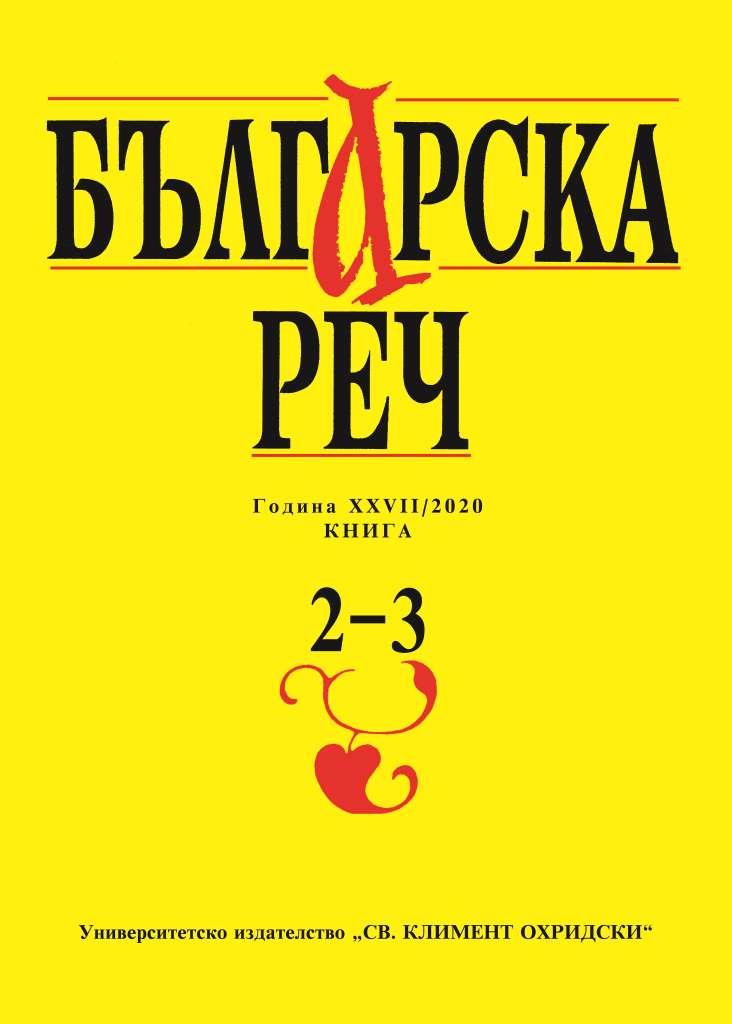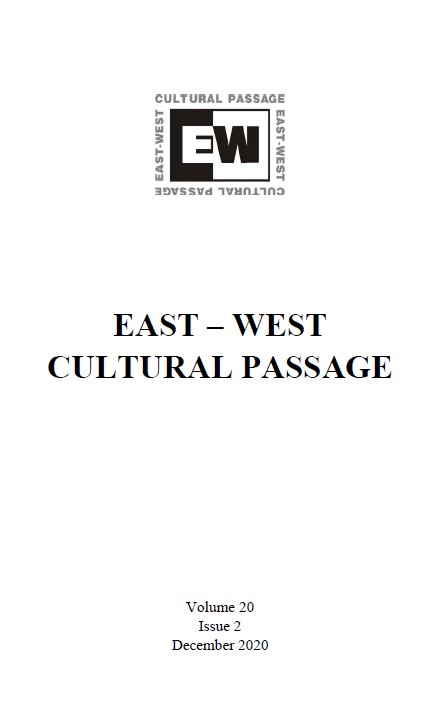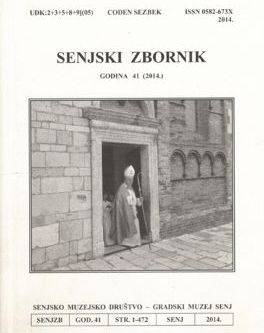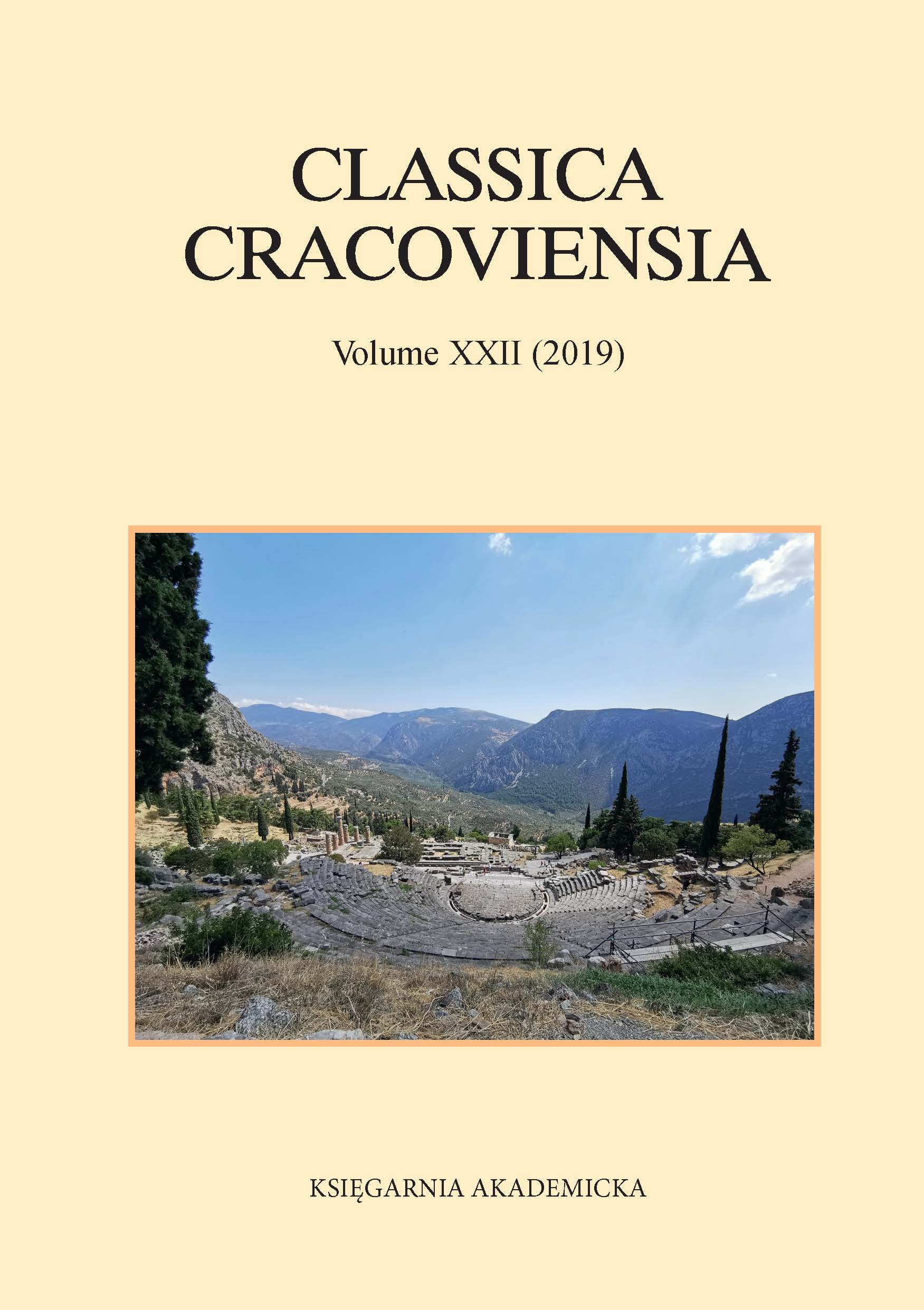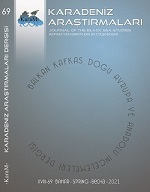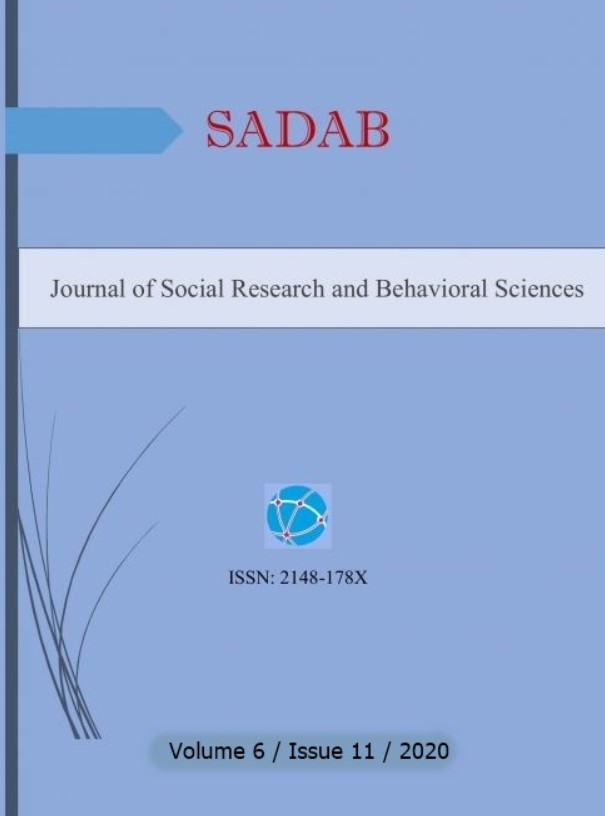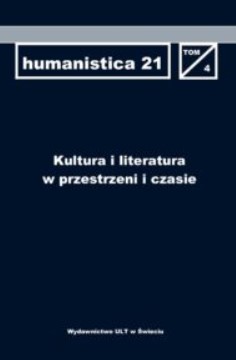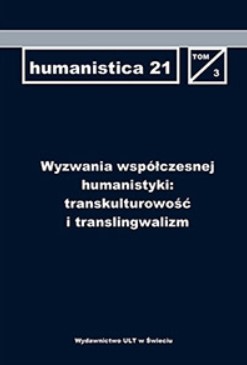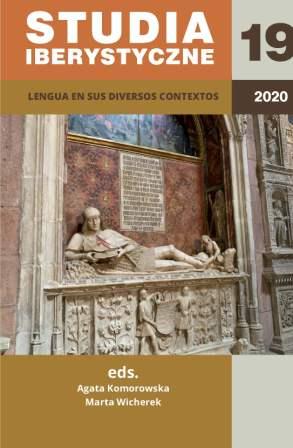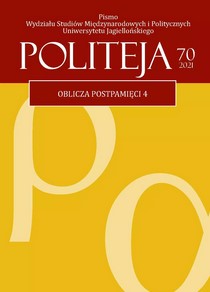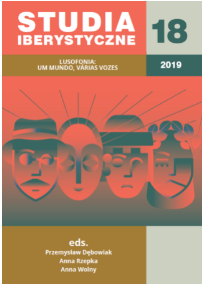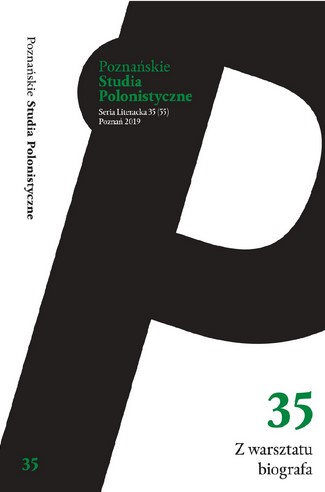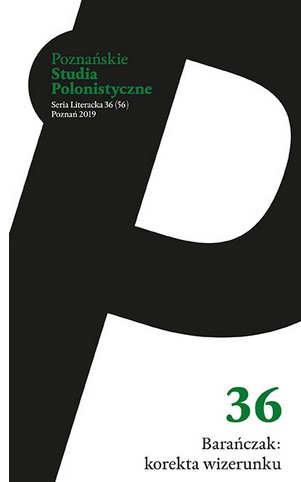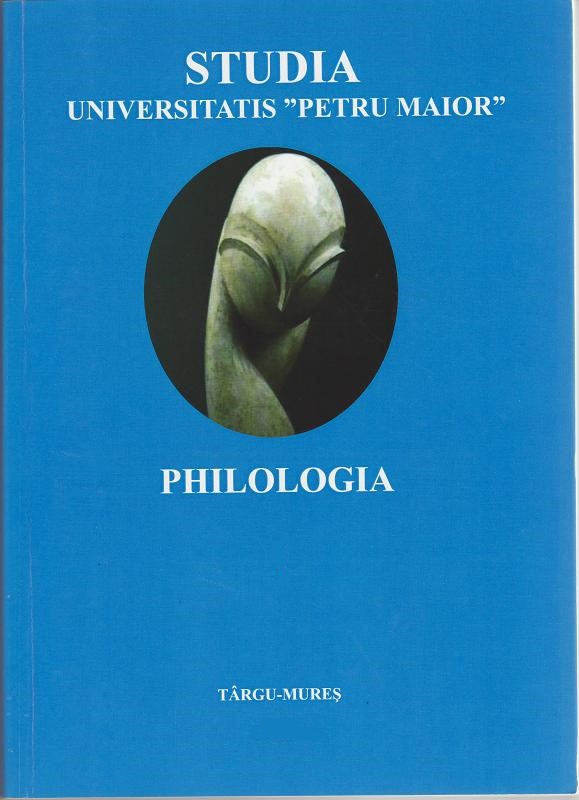
FALSE FRIENDS: AMONG THE NIGHTMARES OF A TRANSLATOR or HOW TO BEFRIEND FALSE FRIENDS
In the present article we aim to underline the necessity to master the vocabulary of a foreign language to the extent to which it does not backfire, due to uninspired usage of words that might appear, at first sight to be friendly but, which are, actually not just that. They are the well-known 'false friends', to be handled with care. Therefore, we intend to understand the strategies used by translators in order to cope with them in a translation. However, we are going to briefly present a succinct overview of the matter, just enough to draw a general outline intended to support our concern
More...
